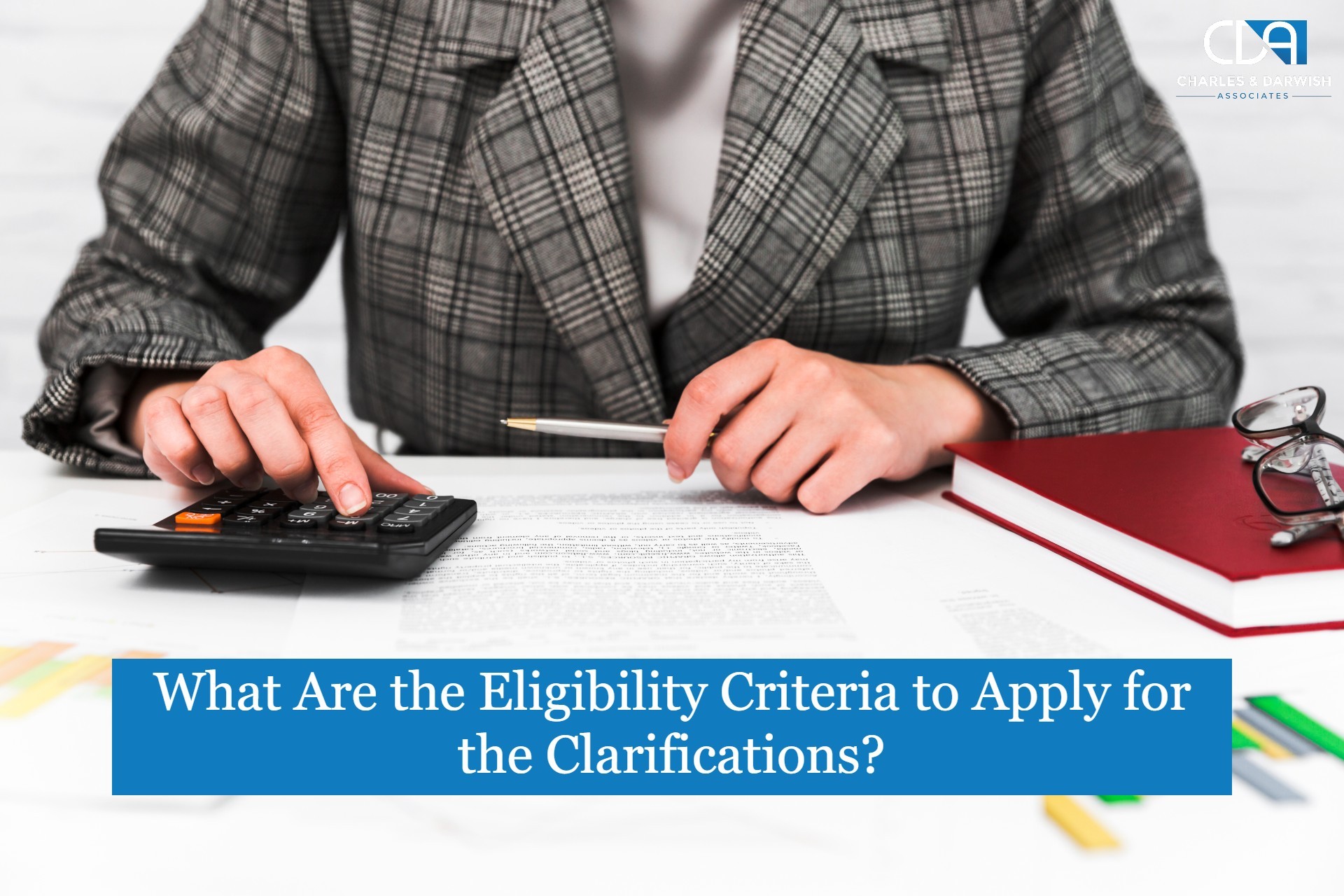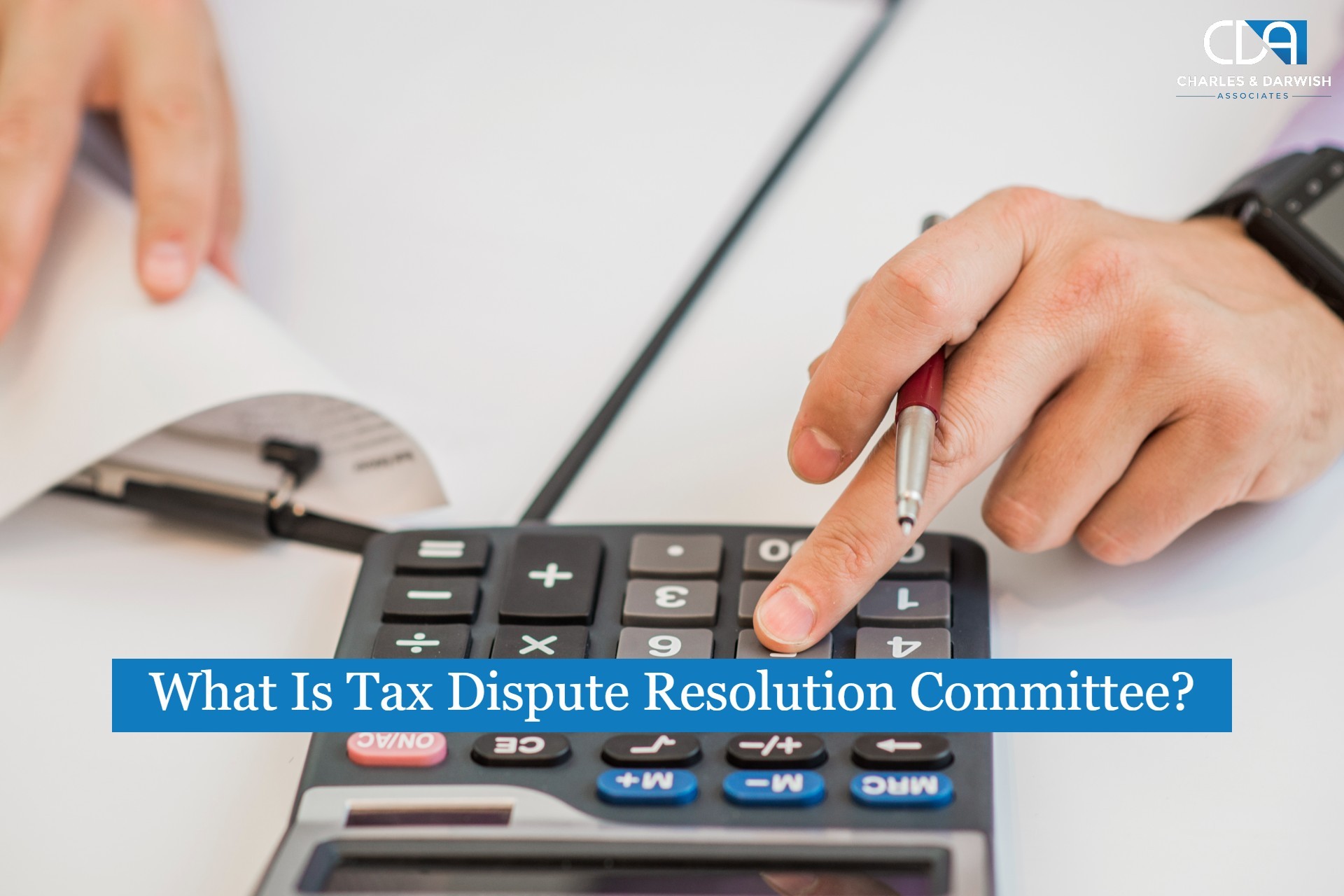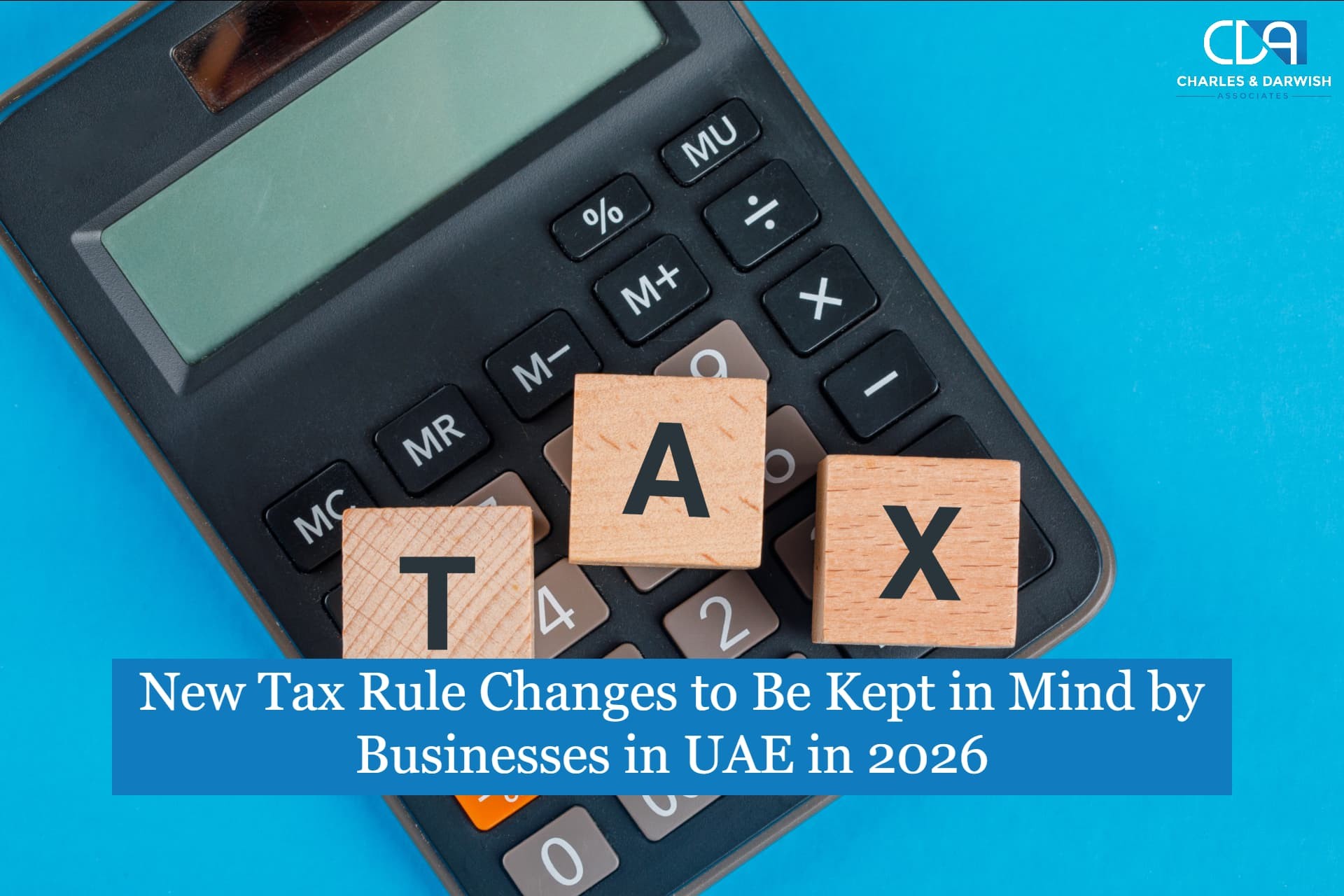What Are the Eligibility Criteria to Apply for the Clarifications?
Navigating the complications of tax rules can often feel like discovering a maze. Even with hard-working research and professional advice, specific tax cases can be immersed in uncertainty. This is where the invaluable service of "clarification" comes into play, giving the taxpayers a direct channel to apply for official guidance from the tax authorities. However, like any formal process, applying for clarification requires specific eligibility criteria. Understanding these requirements is crucial to ensure that your request is not only assessed but also successfully processed.
Two Types of Eligibility Criteria
The structure for clarification works on two basic things:
Eligible person: This focuses on a person who is authorized to present a clarification request.
Qualified claims: This focuses on the nature of tax uncertainty that can be addressed through a clarification.
Let us break each of them down in detail.
1. Eligible Person
The primary principle here is that the person searching for clarification in the tax uncertainty is the one who may apply. However, important nuances are:
- Taxpayer itself: The most direct scenario occurs when the person who is directly affected by uncertainty or a problem presents the request. This ensures that the explanation directly addresses their specific problem.
- Tax group - The role of representative member: For tax groups (e.g., VAT or corporate tax groups), only the specified representative member is authorized to present a clarification request on behalf of the entire group. Also, individual members of the tax group cannot present separate requests. It is also important to remember that the representative member of a VAT tax group cannot submit a request for clarification under UAE Corporate Tax on behalf of its VAT group unless specific criteria is met.
- Tax agent and legal representative: For the purpose of requesting clarification on behalf of a person (or tax group) the agent or the legal representative can apply for the same. However, strict conditions apply:
- The tax agent must be registered with the FTA for specific tax types. A VAT-regulated agent cannot submit a corporate tax clarification until the company is registered for the tax.
- The request should be presented in the taxpayer's name, clearly reflecting their details. This is not the request from the agent, but the taxpayer facilitates the agent.
- Clearly, a tax advisor or any other person who is not a registered tax agent or the legal representative of the taxpayer may not submit a clarification request. This ensures a clear series of representation and responsibility.
- Focus on your own tax cases: The clarification is only designed to address tax cases about the applicant's issue. You cannot request the clarification for another person.
- Exceptional Case: Generally, focusing on individual applicants, there are exceptional conditions where more than one person can present a common explanation. This usually occurs when many parties are involved in the same transaction and have an agreed factual background. These examples are evaluated on a case-by-case basis to determine eligibility for operation.
2. Eligible Matters
Beyond who can apply, the eligibility criteria also dictate what can be clarified. A taxpayer can only apply for a Clarification if there is a specific tax matter(s) of uncertainty. The request, whether submitted by the taxpayer, an authorized signatory, a tax agent, a legal representative, or a representative member of a tax group, must meet the following requirements:
- Federal Taxes or Relevant Penalties: The request must exclusively relate to federal taxes or associated penalties.
- Clear Indication of Tax Type: The request must explicitly state the relevant tax type it pertains to (e.g., VAT, Corporate Tax).
- Application to Taxpayer's Facts and Circumstances: The Clarification must relate to tax legislation as applied to the specific facts and circumstances of the taxpayer (or, in exceptional joint cases, taxpayers) submitting the request. The issued Clarification is not intended to be a blanket ruling applicable to third parties.
- Comprehensive Information: The request must contain all the relevant information the tax authority needs to make an informed decision on the correct tax treatment. Incomplete information is a primary reason for rejection.
Failure to meet any of these requirements may lead to the rejection of the Clarification request.
The Clarification process offers a valuable avenue for taxpayers to resolve genuine tax uncertainties and ensure compliance. However, its effectiveness hinges on a thorough understanding and adherence to the eligibility criteria. By meticulously reviewing who can apply and what matters qualify for clarification, is the key to unlocking clarity in your tax affairs. While the process may seem detailed, it ultimately serves to streamline the flow of information and provide accurate, binding guidance, fostering a more transparent and compliant tax environment.
While the Private-Clarifications-EN-18-11-2024.pdf by the FTA provides a comprehensive overview of the eligibility requirements, the nuances of tax law can be complex. For personalized assistance and to ensure your clarification request is meticulously prepared and compliant with all regulations, consider partnering with experienced tax professionals like CDA.
Connect CDA Today!
Need expert guidance on your tax matters or assistance in preparing a Clarification request?
Contact CDA, your trusted firm, today. Our team of seasoned tax specialists is equipped to help you understand your obligations, navigate complex tax scenarios related to the prevailing tax regimes, and ensure your applications are robust and complete, maximizing your chances of a favourable outcome. Don't let tax uncertainty hinder your operations – reach out to CDA for clarity and confidence.

Mitesh Maithia
Tax Manager
Mitesh is a Tax Professional with expertise in direct, indirect, and international taxation, including transfer pricing, since 2018. Passionate about making complex tax matters simple, he shares insights to help businesses stay compliant and forward-looking.













